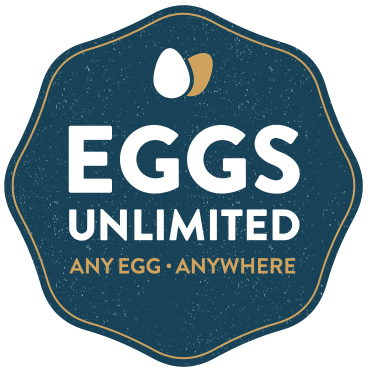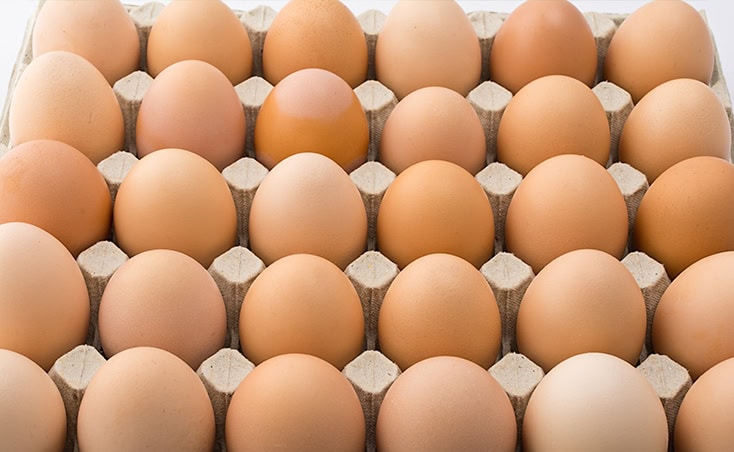
Specialty Eggs wholesale
Eggs Unlimited is one of the world’s leading suppliers of eggs like cage free white eggs, cage free brown eggs, free range brown eggs, organic eggs, pasture raised brown eggs. Through its partnerships with farms across the US and around the globe, we are ready to service your business needs in this growing category. We offer specialty eggs, in any pack, at competitive prices, and delivered right to your door.
Explore oUR Specialty Eggs Options
- CAGE-FREE WHITE EGGS
- CAGE-FREE BROWN EGGS
- free range brown Eggs
- ORGANIC BROWN EGGS
- ORGANIC WHITE EGGS
- PASTURE-RAISED BROWN EGGS
- 30 DOZEN EGGS
- 15 DOZEN EGGS
- 12 COUNT EGG CARTONS
- 18 COUNT EGG CARTONS
- SLEEVES
- OVERWRAP
- PRIVATE LABEL OR BRANDED PACKAGING
- LINDSEY’S GOLD LABEL
- LOOSE EGGS
- DISPOSABLE EGG TRAYS
- And More…
What are cage-free eggs?
Cage-free eggs are eggs sourced from hens that have room to roam within a house or barn. These space requirements are outlined by the USDA or other 3rd party certifying bodies, such as state legislation or under corporate guidance. To meet the definition of cage-free, hens must be allowed to venture around a designated enclosed space, with unrestricted access to food and water. Cage-free facilities often have additional systems in place such as nests and perches that allow hens to express natural behaviors and litter areas for scratching, foraging, and dust bathing.
Eggs packed under a USDA Grade Shield and marketed as cage-free – or with any other production claim – must be source-verified by USDA through onsite farm visits, at least twice annually, to check that the laying hens are housed in the appropriate production system.
WHAT IS A PASTURE-RAISED EGG?
Pasture-raised eggs are sourced from egg-laying hens that have access to the outdoors. Third-party certifiers require that each pasture-raised hen is given at least 108 square feet to roam and eat outdoors.
WHAT MAKES AN EGG ORGANIC?
In America, the standards for organic eggs are tightly controlled by the U.S. Department of Agriculture (USDA) through the National Organic Program (NOP). Some of the most important parts of what makes an organic egg include:
- What the hens are fed. Organic eggs must come from hens that have been fed only organic, non-genetically modified feed. This organic food cannot contain animal by-product, pesticides, chemical additives, or synthetic fertilizers.
- Medication Policies. Organic eggs must come from hens that are not given medications unless there is a medical need to do so, such as an infection. Once it is determined that the hens require medications to treat a flock’s health issue, the flock leaves the organic market permanently.
- Where and how the hens live. According to the USDA, organic eggs must come from hens raised in settings that allow natural behaviors, like dustbathing, perching, and nesting, and have access to the outdoors. Most frequently, this involves a permanent house with a cage-free system with either enclosed or open outdoor access.
Advantages of cage-free eggs
Cage-free eggs share the same nutritional benefits as conventional eggs, regardless of color, unless specific modifications are made to the hen’s diet. An increasing number of states, large corporate retailers, foodservice organizations, and institutional buyers have committed to going 100% cage-free in order to improve animal welfare standards. Cage-free production now makes up over one-third of the total US table egg-laying flock, a percentage that will likely continue to rise as we approach currently established and future transition deadlines.
Having a secure supply of cage-free eggs allows businesses to comply with legislative and corporate commitments. Cage-free standards help companies meet or exceed animal welfare requirements in a growing number of states. Many companies have also been able to highlight their transitions to cage-free eggs as a marketing or PR tool. Eggs Unlimited is here to create a seamless supply chain for its customers, whether they are buying or producing cage-free eggs in this evolving environment.
The difference between free-range, cage-free, and pasture-raised eggs
The main difference between cage-free, free-range and pasture-raised production is access to outdoor space. Cage-free systems give layers more space within a cage system and access to an area within a house or barn. Meanwhile, free-range and pasture-raised production standards give layers at least temporary access to an outdoor area.
How cage-free eggs impact hens
Cage-free systems give hens more space to roam around within a house or barn. Additional enrichments may also allow birds to partake in natural behaviors, such as scratching, nesting, and dust bathing. Some have found these systems can reduce stress on the birds and create a positive impact on egg production.
certifications
The term cage-free is regulated by the USDA. To qualify as cage-free by the USDA’s definition, farmers are subject to site visits to verify that hens are given the appropriate space. Suppliers have methods in place to trace eggs back to the hens that live in these cage-free facilities.
Humane Farm Animal Care (HFAC), American Humane (AH), and United Egg Producers (UEP) are additional certifiers that outline cage-free standards for production facilities and help buyers ensure they are working with a cage-free supplier. Labels for these certifiers may appear on the egg carton or label.

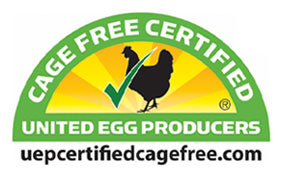
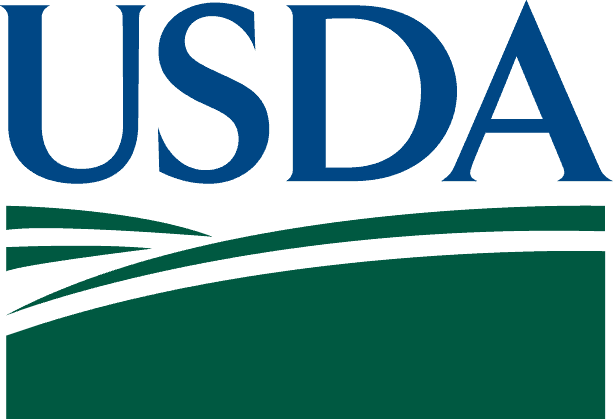
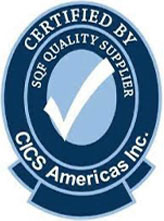
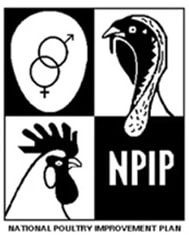
Why partner with Eggs Unlimited?
As one of the largest suppliers of cage-free eggs in the world, Eggs Unlimited is well-equipped to help our customers navigate the shifting dynamics in the marketplace. Our network creates a diversified supply chain that can meet any challenges and ensure on-time delivery. We have a well-rounded team of experts that provide insights into the market, manage logistics, and create unique opportunities for buyers and sellers alike.
LET’S DISCUSS YOUR Specialty Eggs wholesale STRATEGY!
Connect with the Eggs Unlimited Sales team to learn more about your specialty Eggs options:
Call: 888-554-3977
Email: eusales@eggsunlimited.com
